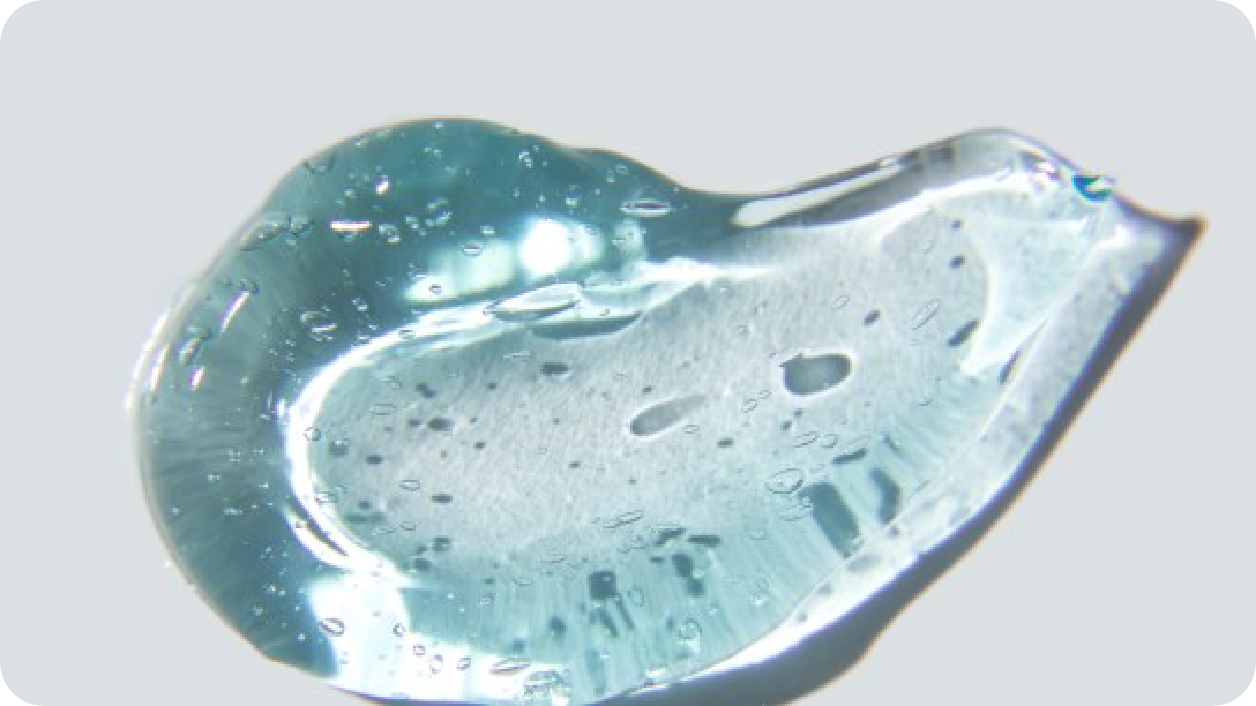We Offer Acetic Acid in various grades
A few of the grades available are listed below:

Product:
Ethylene Glycol
CAS:
107-21-1
Synonym:
1,2-Ethanediol; Monoethylene glycol; Hydroxyethanol
Appearance
Colorless liquid
Boiling Point
195 - 198 °C
Density
1.113 g/cm3
Flash Point
111 °C
Melting Point
−13 °C
Molar Weight
62.07
Odor
Odorless
Purity
99.8 %
Refractive index
1.431
A few of the grades available are listed below:

Ethylene Glycol is a versatile chemical compound with various industrial applications. Here are some of its uses:

Enter a chemical name, synonym or CAS# below